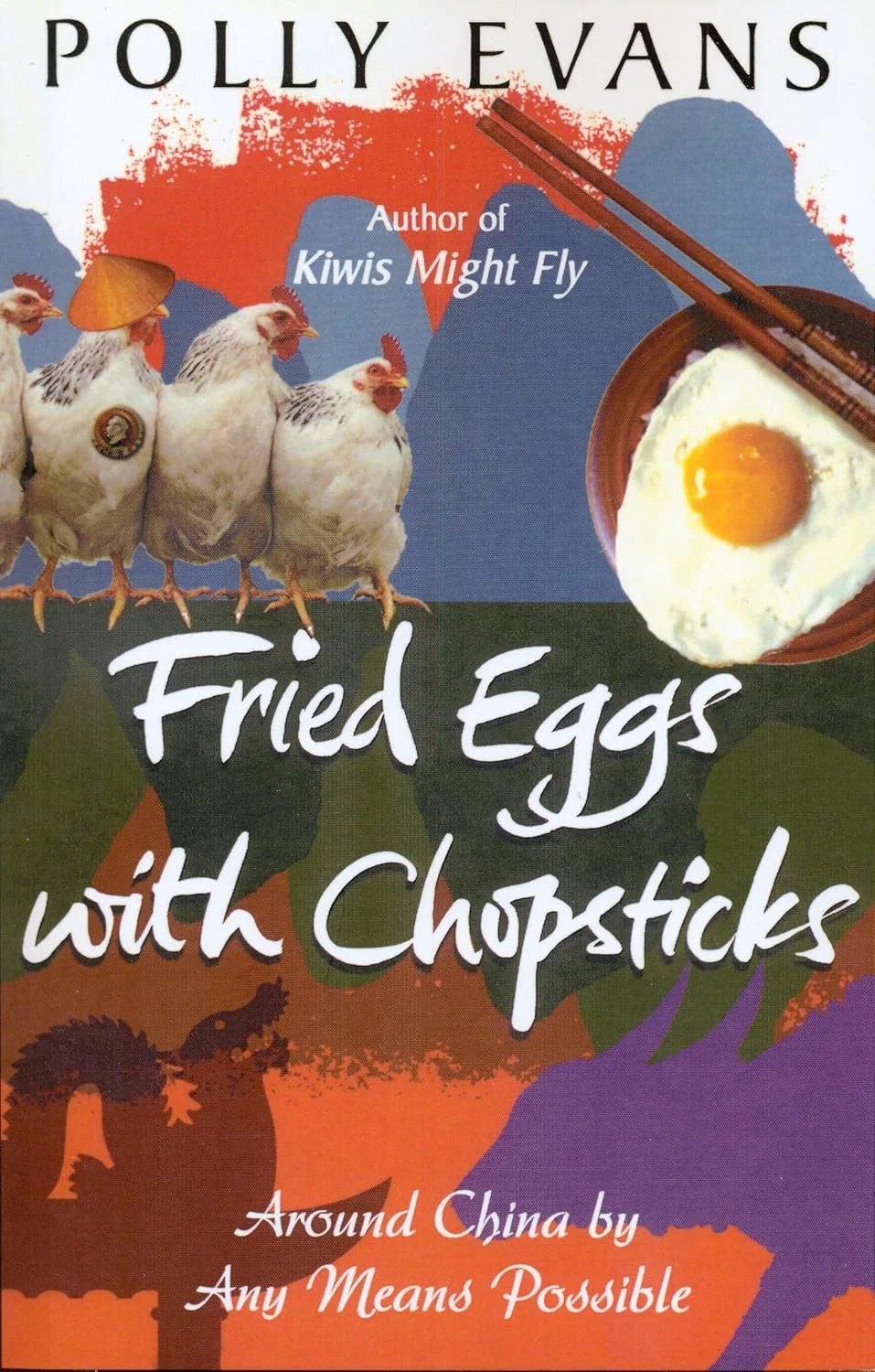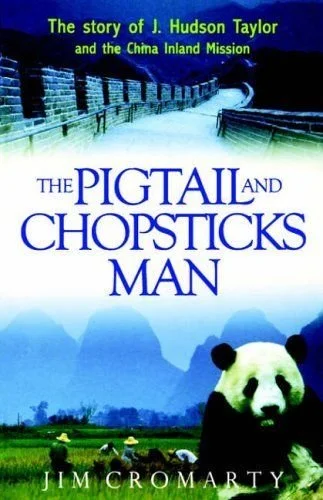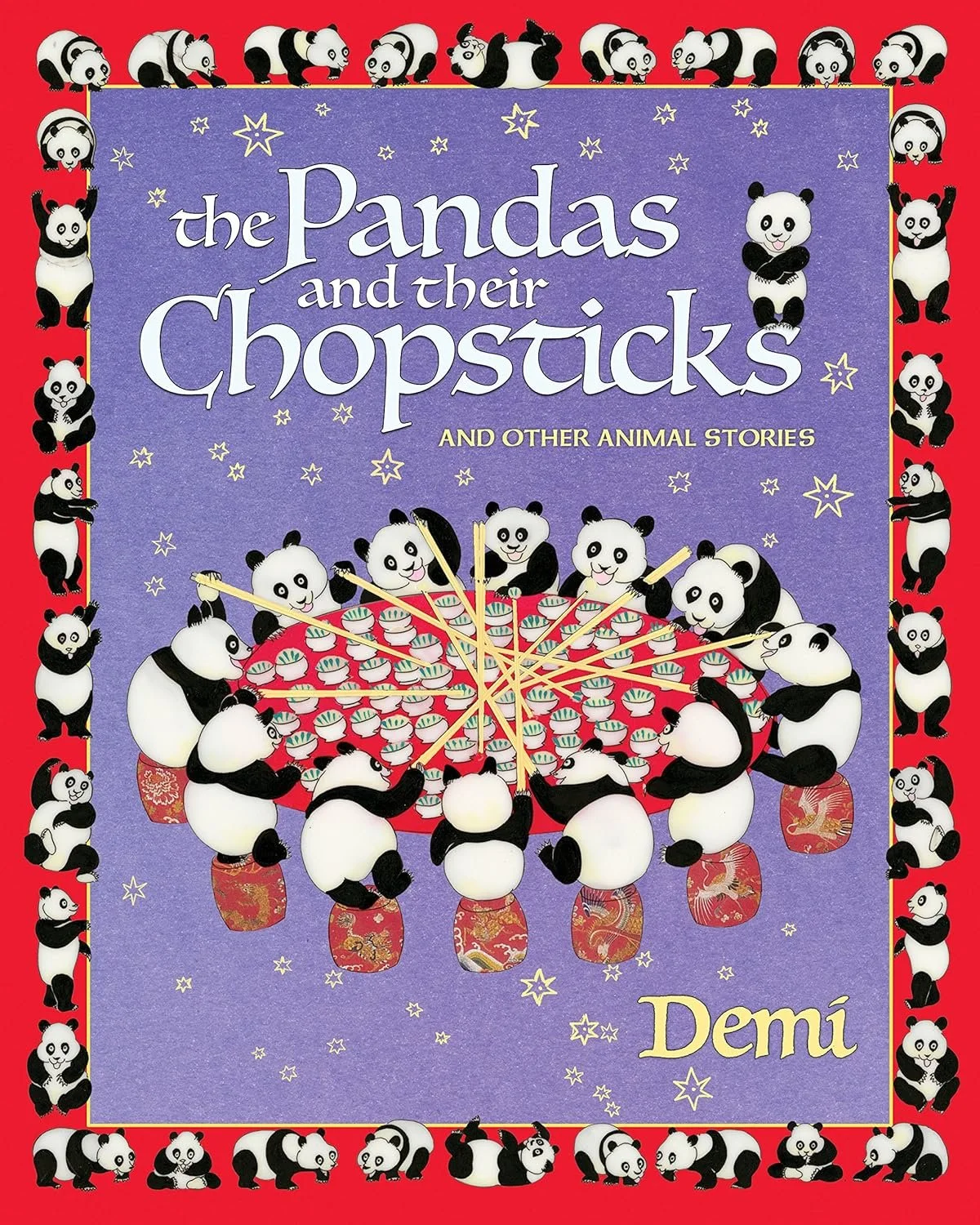Chopsticks in the Book Title

If you do a search for book titles that contain the word “chopstick,” some of the results will hardly be surprising.
You will find Asian cookbooks aplenty: mostly for Chinese cuisine, but also a few that specialize in Korean and Japanese recipes. Several how-to guides feature lots of helpful diagrams, along with the culinary history and dining etiquette around chopsticks. There’s no shortage of picture books about children who are grappling with the finicky utensils along with their cultural identity. And yes, musicians can find sheet music for interesting variations on “Chopsticks,” that percussive piano classic.
But the list doesn’t end there. We found the word “chopstick” in more than 150 book titles across many other genres that have nothing to do with woks or dinner banquets. Instead, this parade of book titles show us how versatile chopsticks can be as a metaphor for all sorts of ideas and concepts.
Let’s explore these genres below.
Memoir: There are so many chopstick-titled autobiographies that we can divide them by their three main themes: expat, interracial relationship, and missionary.
Expat memoirs written about a sojourn in Asia. A Westerner travels to China or Korea or Japan, spends a few years there, and is so transformed by the experience of immersing themselves in a deeply foreign country and adjusting to its bizarre cultural norms that they decide to write a book about it. When they’re ready to come up with a title, they think back and realize that nothing sums up their time in East Asia like the awkward spectacle of their very first meals in the new country, when their ability to keep themselves fed depended on two slim sticks and unreliable hand-eye coordination. What finer metaphor could there be? Thus, their book title pairs the word “chopsticks” with a non-Asian food, ideally a comfort food from the author’s childhood or culture that was never intended to be pincer-gripped with two sticks.
(click on any book cover to see a larger image, along with a short synopsis of the book)
Not all expat memoirs titles mention food, but some double-down on chopsticks as a tangible symbol of general cultural fumbling.
Using chopsticks in the title of a memoir about an interracial relationship capitalizes upon the idea of a perfectly matched pair. The can’t-live-without-you interplay between two chopsticks reflects the romance between the author and his/her mate—which is itself a microcosm of the larger “opposites-attract” rom-com between Occident and Orient.
Several memoirs by and biographies about Christians missionaries also embrace chopsticks as a symbol of profound interdependence, namely, the relationship between sinner and savior.
With scholarly studies, chopsticks are an easy synonym for Asia – the location where the research was conducted, or the ethnic population that it examines.
A couple of mystery novels use chopsticks to signal an Asian setting, victim, or sleuth.
For self-help books, chopsticks are an immensely useful metaphor. The agility required to use chopsticks correctly can only be mastered through practice and concentration, which is akin to the process of developing healthy new mental habits. In other words, chopsticks represent an essential promise that the steep learning curve will level out, that Fumbling + Persistence = Reward.
As we collated this odd assortment of books, we came to realize that chopsticks are a near-perfect metaphor for binary interdependence. Think about it: A pair of chopsticks are natural antagonists that need one another to achieve balance. After all, chopsticks only work because they exert force against each other. They represent healthy conflict and resolution. No wonder people reach for them to teach important lessons about cooperation and reciprocity.
Even the simplest piano version of “Chopsticks,” which treats the musician’s index fingers as the pair of sticks, assumes perfect parallelism. No matter how far apart they roam, this matched pair are fated to move in tandem and are always reunited in the end.
In such a world, a single chopstick would represent pure awkwardness—not just hapless, but downright forlorn. A lone chopstick becomes a symbol of grief and loss.
Once you understand the various tropes that chopsticks signify outside of Asia, it’s easy to see why they show up in the book titles of genres as disparate as poetry, business, and young-adult novels. We’ve included a sampling of those below, along with even more memoirs with distinctive cover art.




















































